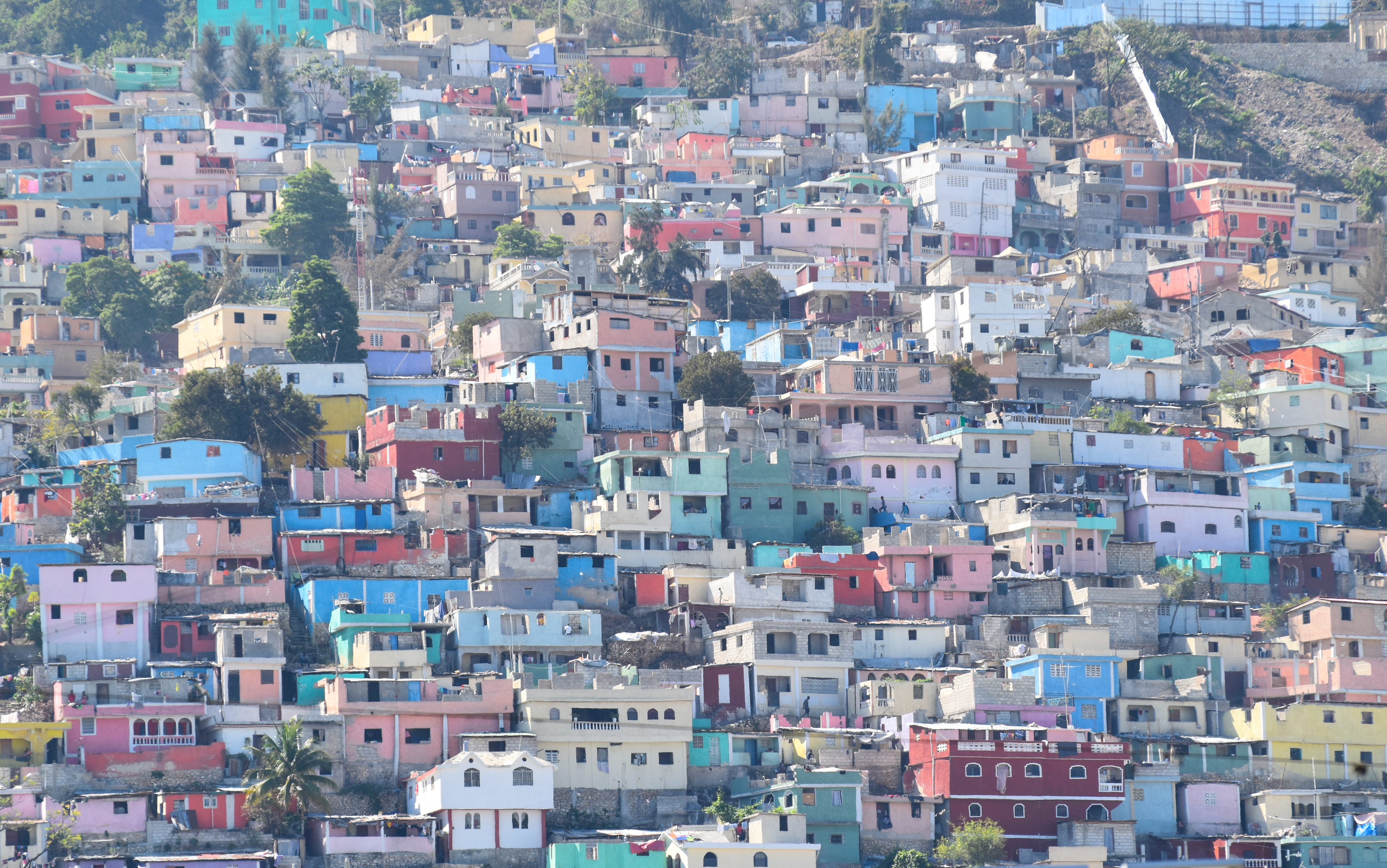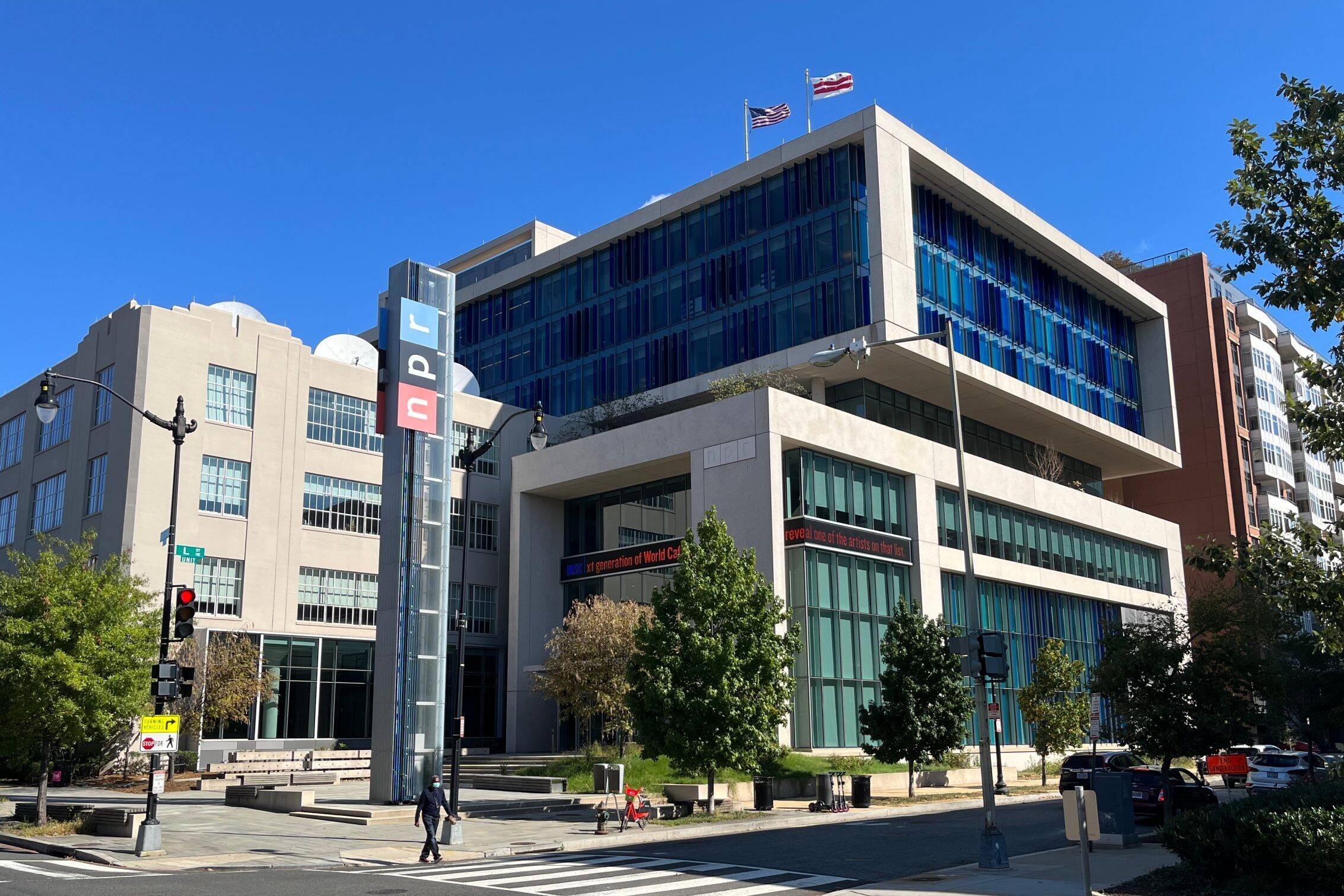The PMA Briefing
Plans to strengthen broadcasting through mergers & partnerships
25th March 2025
The governments of Indonesia and Bangladesh become the latest countries to mull over merging their distinct radio and television broadcasters, while Vietnam’s VOV looks to international partnerships to bolster its presence. Meanwhile, despite a licence fee hike, Czech TV makes savings; and broadcasters in Haiti face serious attacks.
Indonesia and Bangladesh: Mergers on the cards
The governments in both Bangladesh and Indonesia are both considering merging their country’s currently-devolved public media systems into a single entity.
Indonesia’s government proposed merging the country’s public broadcasters – TVRI, RRI, and the Antara News Agency – and has called for a strategic roadmap for public broadcasting in the world’s fourth most populous country.
The government plans to amend the Broadcasting Bill, which would open the way for a potential merger. Director General of Digital Ecosystem at the Ministry of Communication and Digital Affairs, Edwin Hidayat Abdullah, told a parliamentary hearing that the public broadcasters needed to be strengthened in multi-platform broadcasting.
However, there are some concerns about the move. In its submission, the news agency Antara called for press freedom to be at the heart of any new law, as well as measures to make global platforms work with local media. Press freedom groups have said the Bill as it’s currently proposed is a threat to democracy.
The Alliance of Independent Journalists said it “clearly aims to restrict investigative journalism, which is a cornerstone of a free press. By curbing the ability of journalists to conduct and broadcast investigative work, the government is effectively trying to silence critical voices and limit public scrutiny.” The International Federation of Journalists said it restricts the media’s ability to hold the government accountable.
Meanwhile in Bangladesh, a media reform commission that was established by the interim government has recommended merging the country’s state-run media outlets – BTV, Bangladesh Betar, and BSS – into a single entity called the “Bangladesh Broadcasting Organisation” or the “National Broadcasting Organisation.”
Commission chief Kamal Ahmed said the merger would optimise resources, citing examples including the BBC. He said newsrooms currently lacked resources and were parroting government lines.
The commission had several other recommendations to improve the media landscape in Bangladesh, including regulations for media ownership and diversity, and the creation of an independent regulatory body.
Combining a country’s public broadcasters is often viewed by governments as a pathway to saving resources, and is often touted in countries where the radio and TV services are very independent, but with varying degrees of success. New Zealand’s years-long efforts to combine TVNZ and RNZ were abruptly ended just as the new entity was about to get started. France’s Minister of Culture has just appointed someone to steer the overhaul of France TV, Radio France, and France Médias Monde after years of deliberation and false dawns. But in Nepal, a new public broadcaster was created this year, combining Radio Nepal and Nepal TV.

Vietnam: VOV strengthens international relationships
Vietnam’s state-run radio station, the Voice of Vietnam (VOV), has had a busy few days, expanding its collaboration with other major international broadcasters. On 21 March, two delegations from VOV were sent to Belarus and Turkey to strengthen their relationships with the BTRC and TRT respectively.
In Belarus, VOV’s Vice-President signed a new Memorandum of Understanding with the BTRC, which will see collaboration over capacity building and training, and content exchange. Meanwhile, another delegation led by VOV’s President was in Turkey, where the two parties agreed to explore opportunities for further collaboration. Both trips followed an event in Beijing, where VOV and the China Media Group (CMG) held a joint meeting, where they promised ongoing cooperation. This would include VOV publishing “diverse information introducing China’s development achievements and various aspects of life,” according to a VOV report, which also said that VOV’s Vice-President “expressed hope that CMG would increase its coverage of Vietnam’s transformations and progress for the Chinese audience.”
It comes after a series of events involving Chinese authorities, aimed at promoting its media influence across the globe. CMG has held dialogues, according to the pro-government outlet, Bastille Post, in Russia and Qatar, while CGTN – China’s international state media outlet – highlighted an event held in Cuba

Czech Republic: Savings must be made after delays to licence fee hike
Czech Television (ČT) has introduced measures across the whole organisation to save 50 million crowns, until the new licence fee comes into effect. Initially, the increase of the public broadcaster’s fee was supposed to start in January, but contentions in Parliament concerning the future of ČT and Czech Radio (ČRo) delayed the introduction of the new licence fee. It should come into effect on 1May 2025, but according to ČT’s CEO, these savings will allow the public broadcaster to continue functioning, in case other predicaments arise, such as the bill not passing the Senate or the President’s signature.
Until then, ČT decided to cut some programmes as it is “only able to operate without significant restrictions until the end of the first quarter of 2025,” said a statement to the staff of the public broadcaster. ČT reportedly also planned savings by reducing its workforce, eliminating 110 positions. These measures ignited a wave of criticism among the broadcaster’s Council, a supervisory body regulating ČT’s operations, that questioned the recent actions and decisions of ČT’s CEO, Jan Souček.

Haiti: Media targeted in ‘systematic’ effort to silence
Armed gangs have been targeting media outlets in Haiti in what the United Nations has called a “systematic” effort to silence journalism.
The past week has seen three outlets attacked, looted and burned. So far, offices of Télé Pluriel, Radio Télévision Caraïbes and Mélodie FM were all struck by heavily-armed gangs, which control 90 percent of the capital Port-au-Prince.
“The situation is very alarming, very worrying, because the media are now a target,” Eric Voli Bi, the representative for UNESCO in Haiti, told AFP. “I think the goal of this calculated strategy is simply to silence the journalists and media, prevent Haitians from getting information about the situation in a transparent manner.”
Guyler Delva, the head of the association SOS Journalistes Haiti, said gangs had launched a wanted poster against several journalists and have ordered their arrests. “Journalists and the entire population are at the mercy of gangs,” he told the Miami Herald.

Featured Image: Ceska televize public television broadcaster company logo on the headquarters building on March 9, 2018 in Prague, Czech Republic. Credit: josefkubes/iStock
Related Posts
11th March 2025
Clampdowns, agreements and new hope | The PMA Briefing
Czech Republic sees boost in PSM's…
4th March 2025
Public broadcasters apologise for editorial failings | The PMA Briefing
Both the BBC and DR own up to failings,…
25th February 2025
Conflicting ideas for public media | The PMA Briefing
From Canada to Czech Republic, France…



